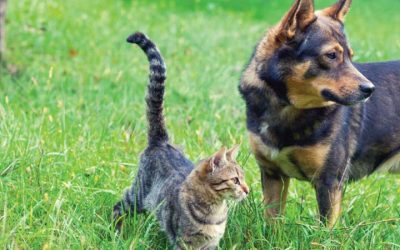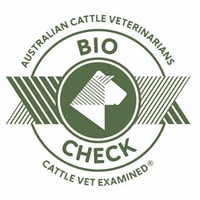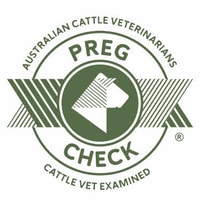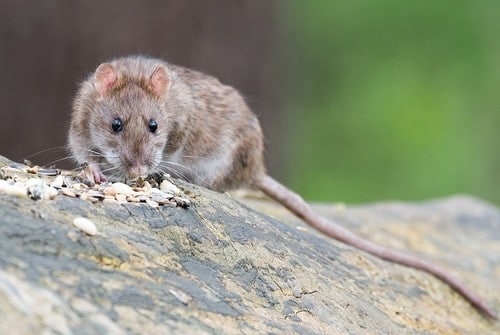
During the cooler months we see more animals presenting to the clinic with Rat Bait Toxicity. As many are aware, baits designed to eradicate rodents have anticoagulants in them which essentially means they impair our pets ability to clot their blood. This means that a very small bleed anywhere in the body can turn into a life threatening problem.
How to minimise risk to your pet
While there is no such thing as a safe bait and ideally we would not recommend using them at all, here are a few tips to minimise your pets risk;
- Use bait stations when dispensing baits and put the stations up off the ground away from pets
- Pick up any dead rodents you see around the place to minimise the chance of dogs and cats eating them – dead rodents are enough to cause toxicity in dogs and cats
- While no baits are “safe” to animals, try to pick baits that require multiple doses such as Bayer’s Racumin – this means that by the time the animal succumbs to the bait it has already metabolised a lot of the toxins leading to less effect on your dog or cat.
- If you live in a rural area then it can be assumed that many grain and dairy farms have baits out so do not let your animals wander where possible.
- Many grain farms will use mouse off to reduce their vermin problem. Mouse off is very different to every other mouse product and causes release of a phosphorous gas that can be poisonous to you too. If mouse off is used where it is applied as waves and not daily, the mice eaten secondarily by other animals should not be a problem. However, if someone is putting mouse off out every day and the rodents are eating daily, this can cause secondary poisonings to animals. Animals can also eat the grain where this has been added. If you suspect your animal has eaten mouse off bait, DO NOT MAKE THEM VOMIT INSIDE – this can release poisonous gas to yourself. Unfortunately, most animals do not recover from this bait type.
What happens if your pet does consume a bait or dead rodent?
Bring them in immediately, because with rapid treatment we may be able to prevent the nasty effects of the bait from affecting the animal. We cannot stress this enough. Many people I hear from do not bring their pets in because they appeared fine in the first 24 hours so “they must be alright”.
Rat bait can take anywhere from 1-5 days AFTER ingestion to cause signs of toxicity, however if they have just ingested it we can cause the animal to vomit and avoid these effects.
What to look out for if you suspect your pet has rat bait toxicity:
- Lethargy (weakness) and Depression
- Loss of appetite
- Pale gums
- Bleeding on the gum-line
- Nose Bleeds
- Blood in the urine or stool
- Small little bruises over its body
- Vomiting
If you see any of these signs, or are suspicious that your pet has ingested a poisoned rodent or the bait itself we strongly recommend you give us a call.
RELATED ARTICLES
Fireweed
There are a few types of fireweed found in Australia, with majority of species being poisonous. This plant is a short shrubby plant with yellow daisy like flower. Cattle become affected if they are short of feed, or not used to having the plant in their environment....
Parasites
As the weather warms up, we start to see more parasite problems for all sorts of pets.Here are some of the more common parasites we come across, as well as some information on the problems they cause and how to get rid of them. Fleas Fleas are relatively easy to spot,...
Itchy skin and ear infections
Around springtime, we often see an increase in itchy skin (dermatitis) and ear infections in dogs and cats. How to spot itchy skin You should know almost right away if your cat or dog has dermatitis. Here are a few of the common signs: Constant scratching, licking, or...
Feline AIDS
The Feline Immunodeficiency Virus (FIV) causes feline AIDS and is relatively common in Australia and New Zealand, with up to 25% of domestic cats testing positive for the virus. This disease is incurable. It compromises the efficiency of a cat’s immune system by...
RELATED
ARTICLES

Fireweed
There are a few types of fireweed found in Australia, with majority of species being poisonous. This plant is a short shrubby plant with yellow daisy like flower. Cattle become affected if they are short of feed, or not used to having the plant in their environment....
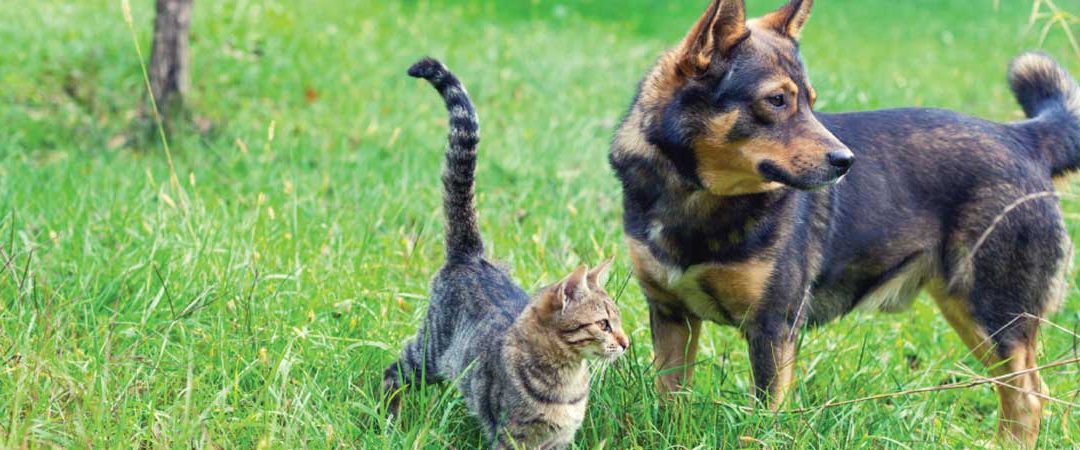
Parasites
As the weather warms up, we start to see more parasite problems for all sorts of pets.Here are some of the more common parasites we come across, as well as some information on the problems they cause and how to get rid of them. Fleas Fleas are relatively easy to spot,...

Itchy skin and ear infections
Around springtime, we often see an increase in itchy skin (dermatitis) and ear infections in dogs and cats. How to spot itchy skin You should know almost right away if your cat or dog has dermatitis. Here are a few of the common signs: Constant scratching, licking, or...
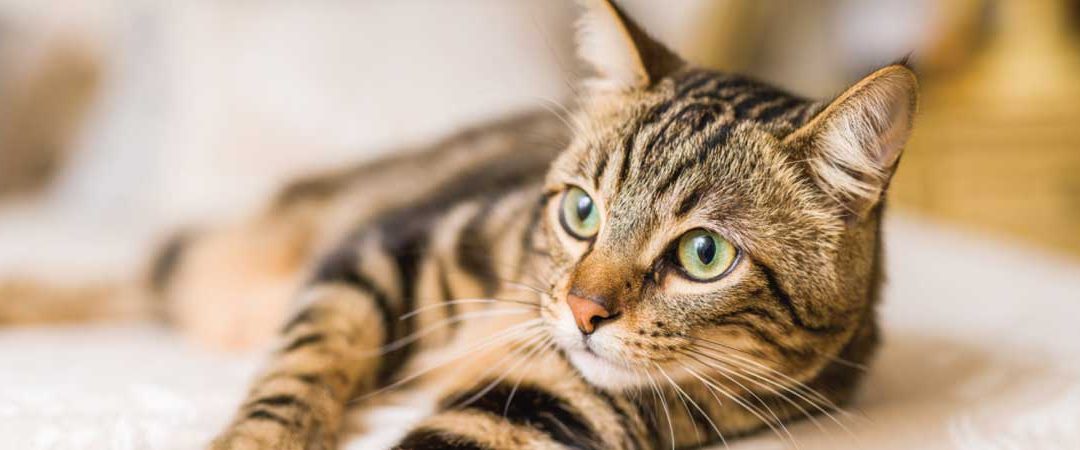
Feline AIDS
The Feline Immunodeficiency Virus (FIV) causes feline AIDS and is relatively common in Australia and New Zealand, with up to 25% of domestic cats testing positive for the virus. This disease is incurable. It compromises the efficiency of a cat’s immune system by...
Call Us Today To Discuss Your Animal Needs
Business Hours Phone: 07 4693 2233





